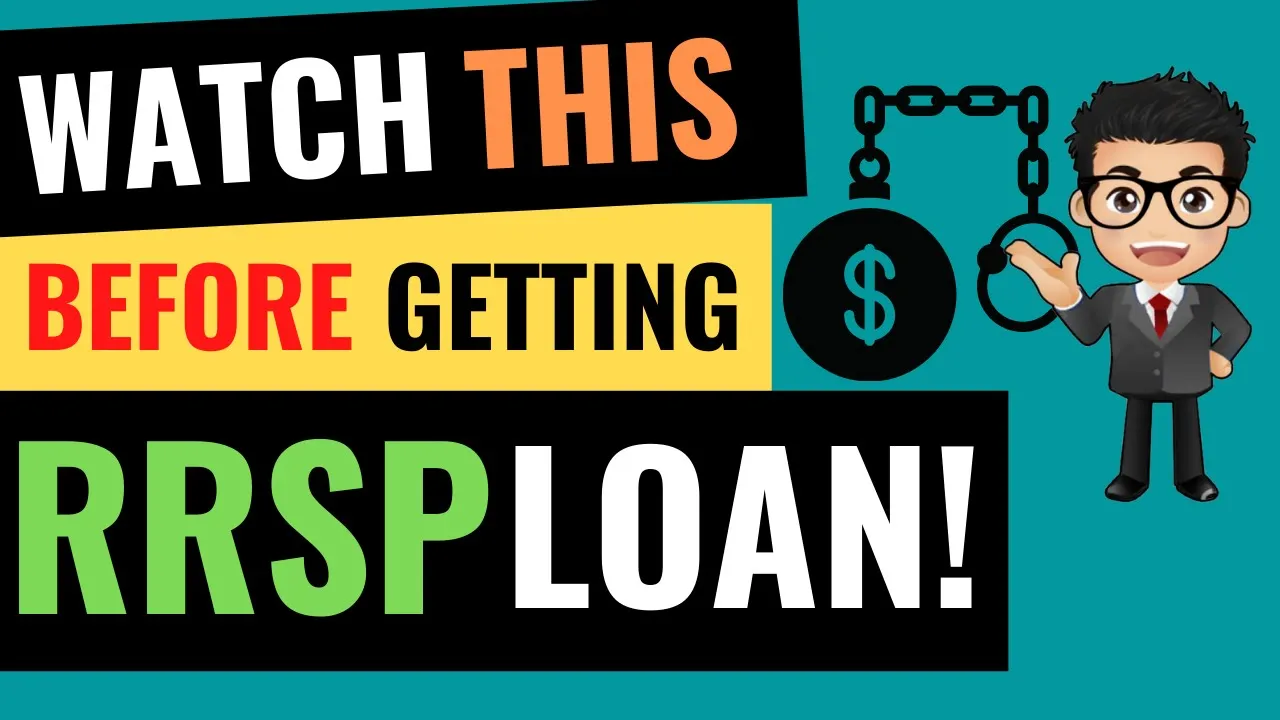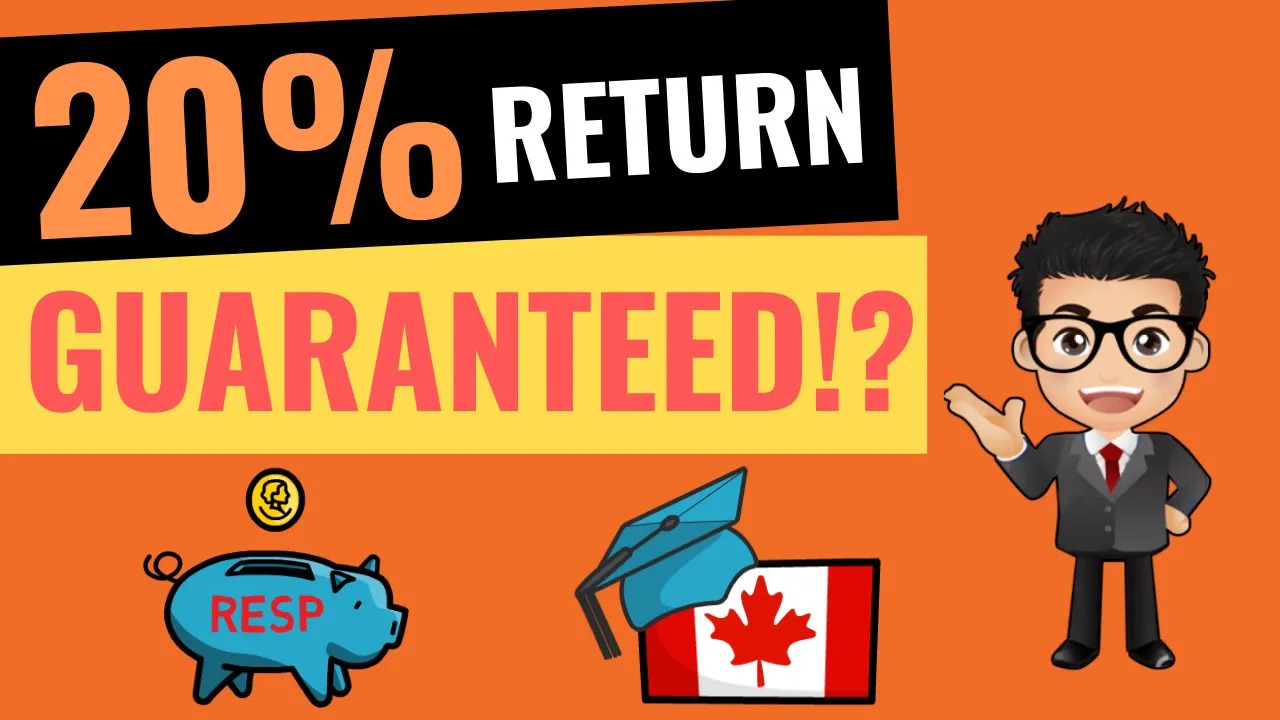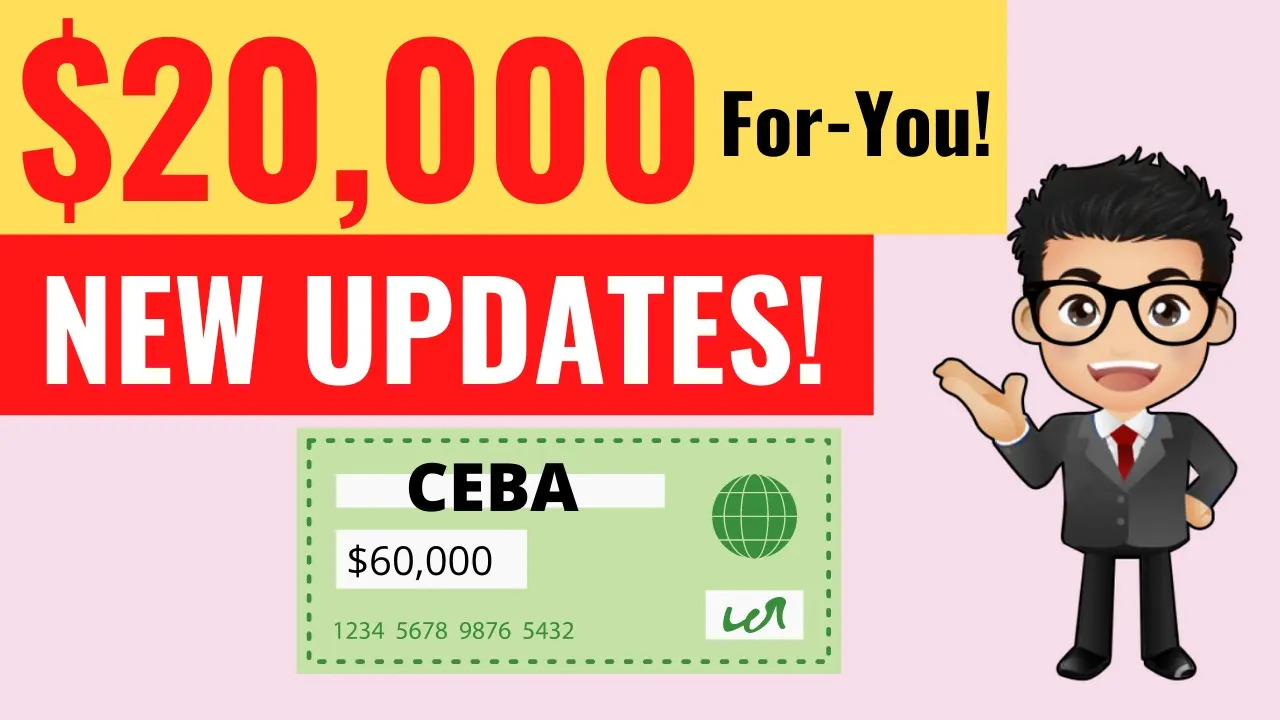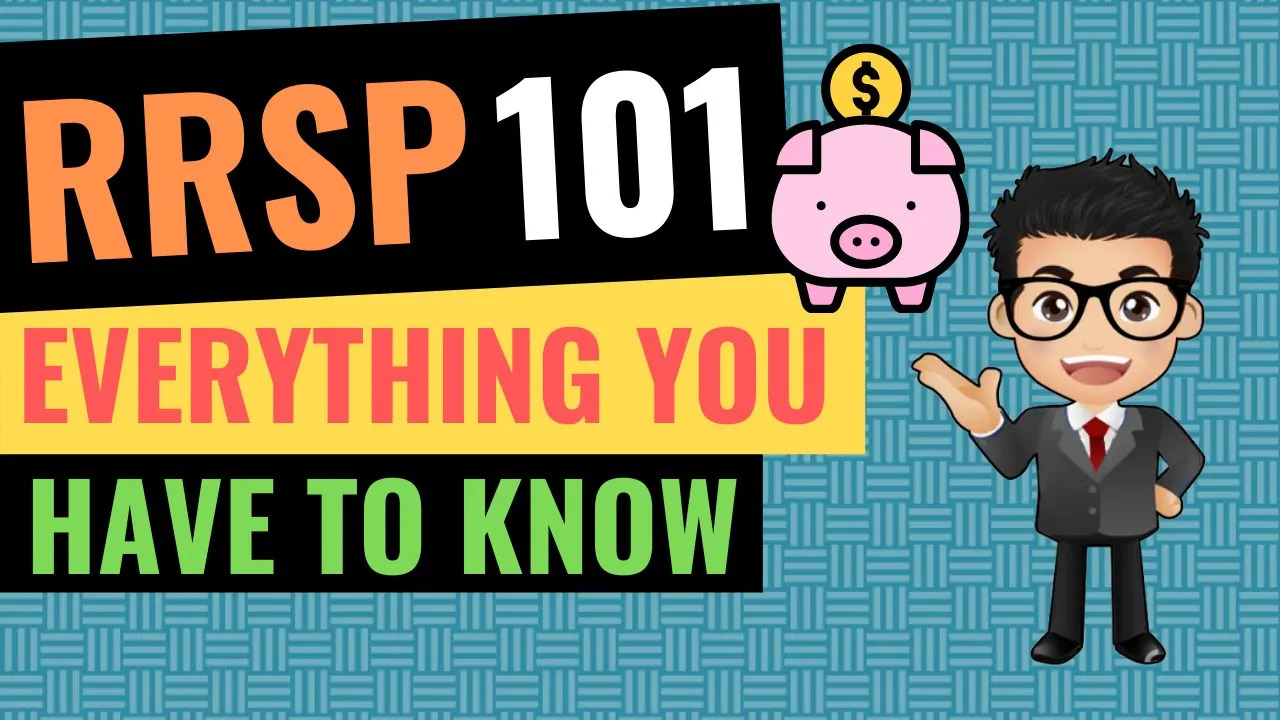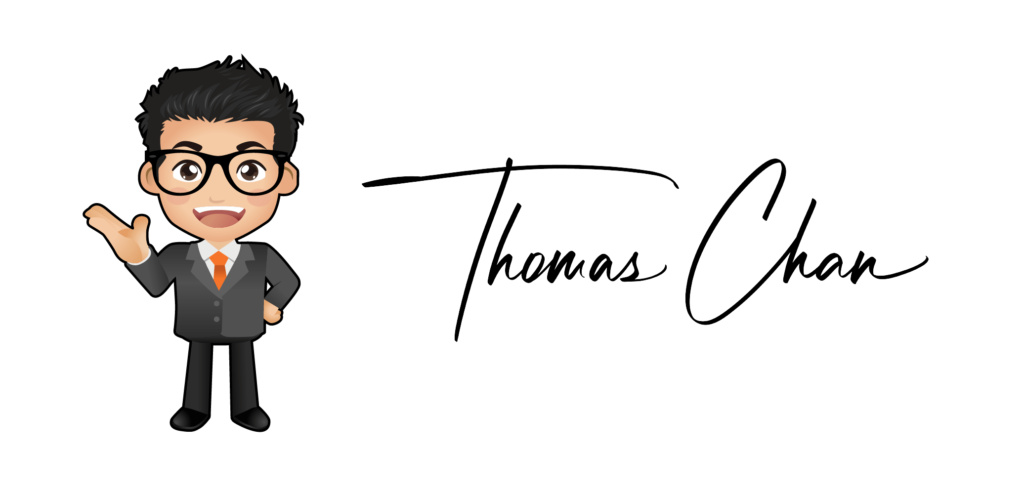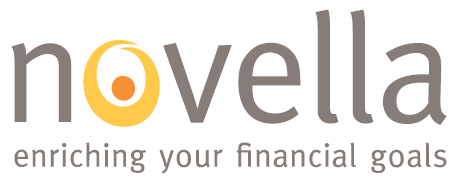Are you curious about the optimal time to start receiving the Canadian Pension Plan (CPP) benefits in Canada? Do you find yourself pondering questions such as “how much CPP will I receive at age 60?” and “is it advisable to start CPP early?” It’s important to note that each individual’s circumstances vary, but here are my insights.
Recap of CPP in 2020
The government backs a pension plan for retirement in Canada through the Canada Pension Plan or CPP. Only those who have worked and paid into the plan are eligible to collect this retirement income. How much CPP you get per month depends on how much and how long you contributed.
For CPP in 2020, the standard age to take CPP is 65 and the maximum payment is $1,175 per month. However, you can choose to begin withdrawing payments earlier, though you will get less.
So, how much is CPP at age 60? You’ll receive 36% less. On the flip side, if you wait until age 70, you’ll receive 42% more per month.
So when should you start withdrawing CPP? Let’s look at what you should consider.
1. Breakeven Age
How urgently do you need the money? If you are in your 60s and are trying to pay off your mortgage or other debts before retirement, taking the CPP early is an advantage. Though you get less per month, you receive 5 extra years of income to help pay off your debts faster.
The breakeven age when you start withdrawing benefits at age 60 is 74. This means you’re ahead of the game until you reach age 74. Plus, if you invest the money instead of spending it, you can delay the breakeven age.
For perspective, the average life expectancy for a man in Canada is 80 and for a woman is 84.
2. The Big Picture
While the Canada Pension Plan is a great source of income for retirement, it should not be your only source. You should have three pillars of support — like a three-legged stool.
- Leg 1: Personal Savings (RRSP, TFSA, Real Estate)
- Leg 2: Workplace Benefits (Pension, Work RRSP)
- Leg 3: Government Benefits (CPP, OAS, GIS)
Unfortunately, most of these are considered taxable income. You’ve worked hard and don’t want to give more money back to the government. Keeping your taxable income low and taking the CPP early will help you avoid the Old Age Security claw back and have a better chance of getting the GIS.
To avoid paying taxes on the CPP while you’re still working, you can put it directly into your RRSP.
3. CPP at Death
When you die, assets such as your work pension plan and RRSP will be paid 100% into your estate. CPP, however, only pays a one-time $2,500 to your estate. That’s it.
If one spouse passes away first, the other is entitled to up to 60% of their spouse’s benefit and it cannot exceed the CPP maximum. If the surviving spouse is already withdrawing the maximum, the rest of the CPP is forfeit. When this spouse dies, the estate gets the $2,500 cheque and that’s it.
When Is the Best Time to Collect CPP?
For these reasons, I recommend taking the CPP early. Use the money to enjoy retirement while you are still healthy. If you don’t take it, you’ll lose it.
Of course, remember that there are no one-size-fits-all solutions in finances. Always work with a financial planner for personalized planning to enjoy your golden years without worrying about money. If you would like to a free consult to chat about your financial plan, schedule an appointment with me here.
Learn more about financial planning for Canadians on my YouTube channel here or read more about retirement on my blog.

